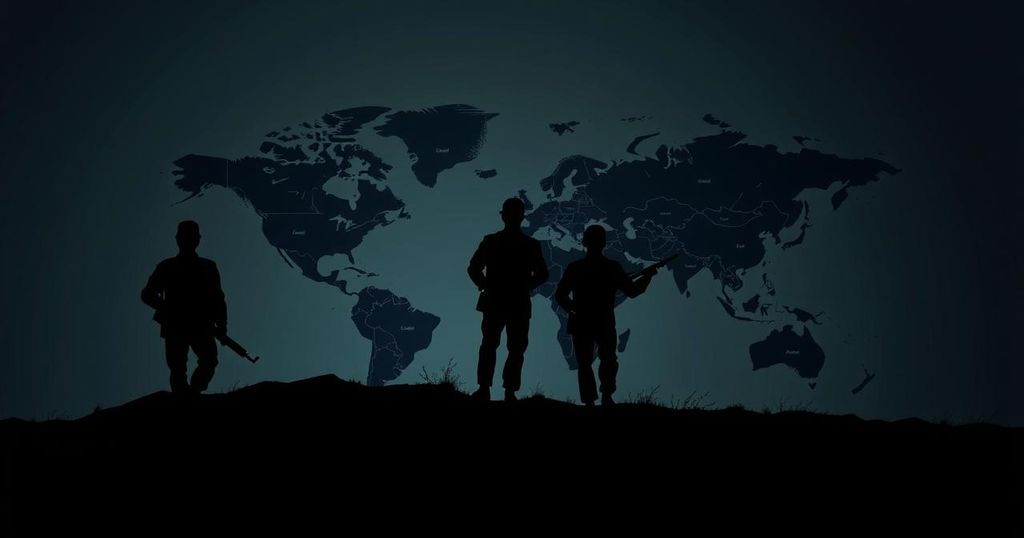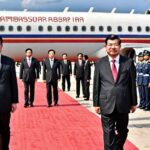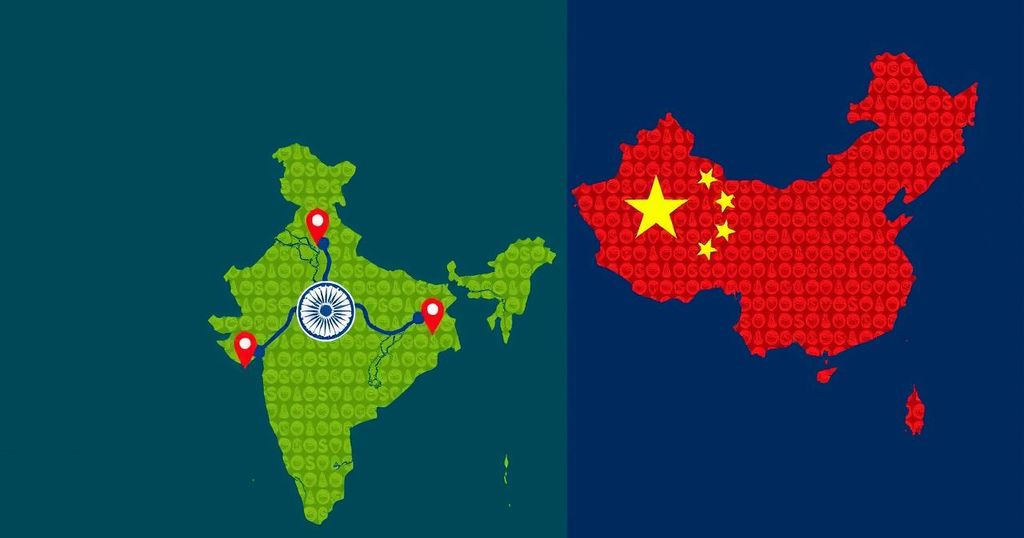Current Landscape of Military Dictatorships: An Analysis of Affected Nations
Currently, several countries are navigating through the complexities of military dictatorship, with the implications of such governance having far-reaching consequences for their populace. Recent developments indicate that Sudan is on a path toward reinstating a democratic system by 2022, signaling hope for its citizens amidst past turbulence.
As of February 2, 2021, Myanmar has reentered the ranks of nations governed by military rule, following the house arrest of the prominent leader Aung San Suu Kyi by the military junta. This situation reflects a troubling history of autocracy that has beset Myanmar since its independence from British colonial rule in 1948. The military firmly took control in a coup in 1962, which persisted for 26 years until a fragile democratic framework was introduced in 2010.
In Mali, a country that experienced a military coup in December 2012, the interim leadership of President Bah Ndaw, a retired colonel, is currently navigating the transition back to democracy. Mali previously functioned under constitutional democracy until its recent turbulence. Planned nationwide elections are anticipated, which may lead to a restoration of representative governance.
Other nations have recently emerged from military dictatorship, illustrating a complex yet optimistic trajectory. Thailand, Pakistan, and Libya have all transitioned to forms of institutional democracy. Nonetheless, the military’s influence remains pervasive behind the scenes, raising questions about the true nature of democracy in these nations.
In conclusion, the struggle for democracy in countries ruled by military regimes remains fraught with challenges. While Sudan continues to aim for democratic reinstatement and Mali seeks to stabilize its governance, Myanmar’s return to military authority underscores the fragile nature of political transitions in regions plagued by historical governance issues. Continued international attention and support for these nations may prove vital in their quest for democratic stability.








Post Comment